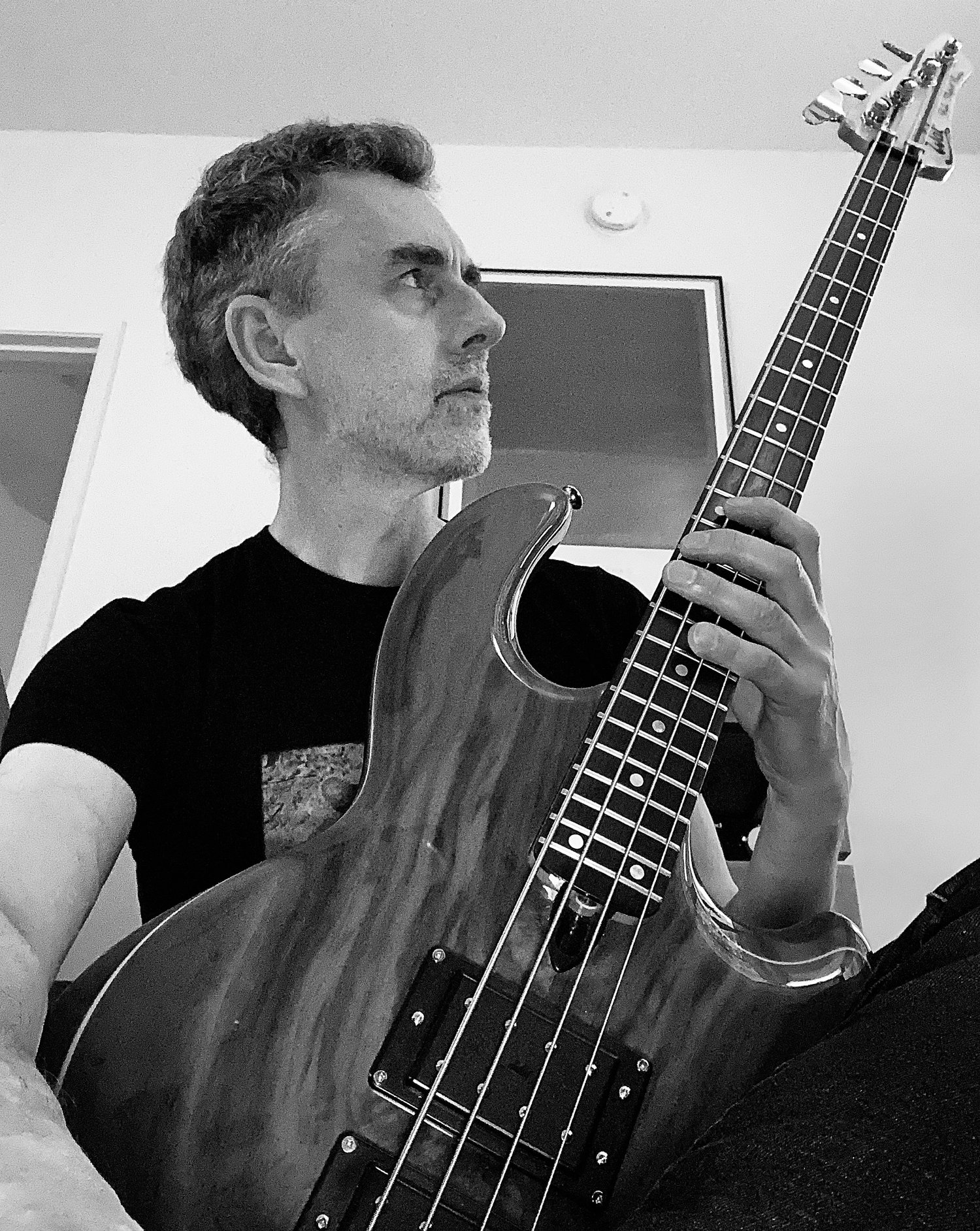
Ultimate Practice Routine Vol 2.
Ultimate Practice Routine Vol 2.
NO Reading required!
Contains 4 Chapters:
Chapter 4
A neat-and challenging (!)- variation of running the modes. I think you will find this
interesting..
Chapter 5
Taking two different key centers or tonalities and switching back and forth between
them.
This gets us into the mindset of ‘seeing’ the available notes on the neck change as we
move through shifting chord sequences.
Chapter 6
Tackling extended arpeggios. Here I take a look at running arpeggios all the way up to
the 13th- this is fantastic to enable us to get familiar with extensions added to basic
7th chords. I also provide some insights into when EXTENDED fingering can be useful
as we shift up or down these arpeggios too.
The formula for constructing these in a linear fashion is: Root, 3rd, 5th, 9th, 11th and
finally 13th.
To begin, ( as I demonstrate in video,) simply build these from the diatonic
DNA available off each step of the major scale, but later we will look at how to apply
this to Melodic Minor harmony also in my forthcoming Practical applications of the
Melodic Minor video.
Master this from major scale derived material first!
Chapter 7: An Introduction to the Melodic Minor.
I thought it would be great for everybody to have an intro to this incredibly useful
scale and it’s modes and diatonic 7th arpeggios.
I also gave some insights into using my ‘pivot’ system for moving across the
fingerboard when executing trickier modes, such as the Lydian Augmented scale-
built off the 3rd step of the melodic minor
You can of course run any of the previous chapters’ exercises using the melodic minor
once you are comfortable with all the major scale derived practice ideas.
NOTE: I WILL be releasing a separate and in depth look at Practical applications of the
Melodic Minor soon, but I wanted to give a good overview and get you started on this
now.
